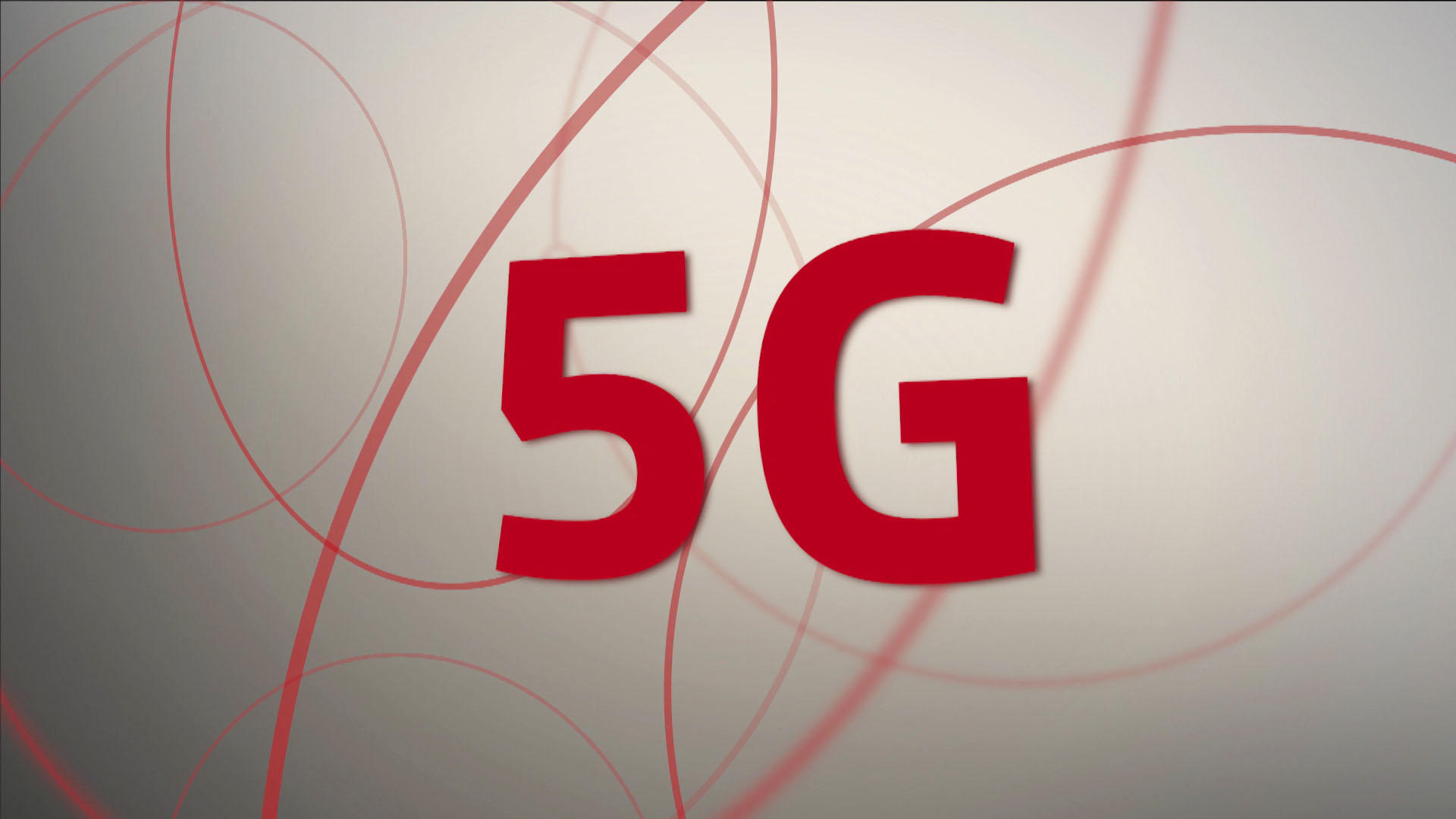
Mobile phone radiation can weaken brain performance

Swiss researchers have confirmed the potentially damaging impact of the frequent use of mobile phones among adolescents.
A study found that the so called figural memory performance – the ability to remember abstract forms – can deteriorate if the brain is often subjected to high frequency electromagnetic fields, according to the Tropical and Public Health InstituteExternal link.
The research included more than 700 teenagers from German-speaking Switzerland over 12 months for the first large-scale study of its kind, the institute said in a statement on Thursday.
The results are in line with findings from a 2015 study among more than 400 teenagers, the scientists say.
The latest study found evidence that radiation has had a significant impact on the right half of the brain – where the figural memory is located -, among adolescents who hold the phone to their right ear when making a call.
Sending text messages or surfing the internet has had no noticeable impact, according to the scientists.
However, more research is needed to determine the significance of the research and to exclude other factors, they added.
The study was carried out in cooperation with a European Union research programme, GeronimoExternal link, and was co-funded by the Swiss National Science Foundation.

More
Is 5G mobile wireless a health risk?

In compliance with the JTI standards
More: SWI swissinfo.ch certified by the Journalism Trust Initiative



























You can find an overview of ongoing debates with our journalists here . Please join us!
If you want to start a conversation about a topic raised in this article or want to report factual errors, email us at english@swissinfo.ch.